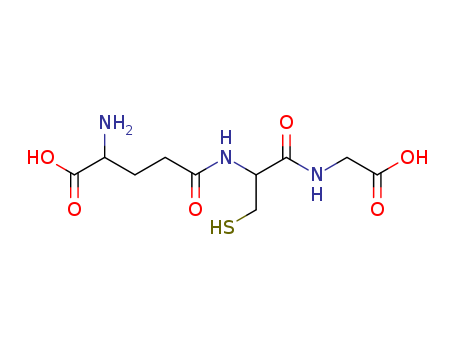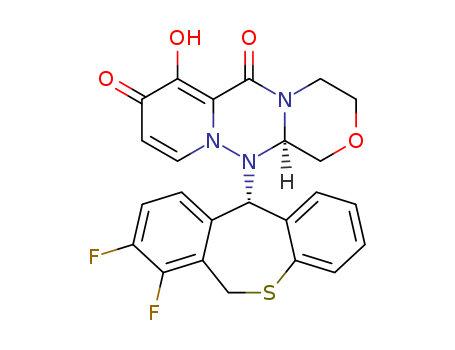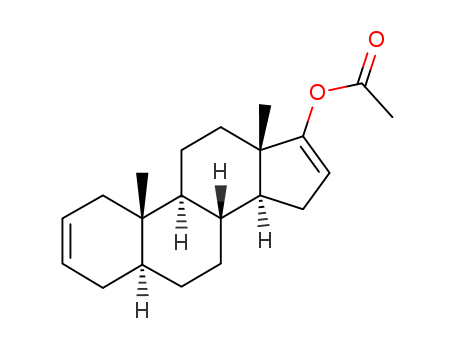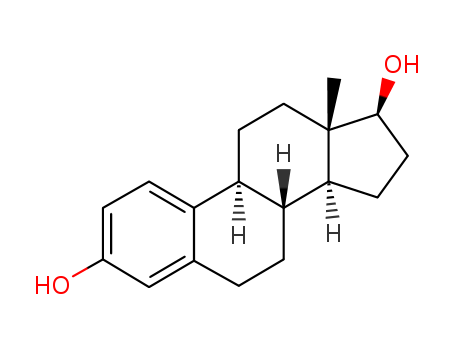- Product Details
Keywords
- Tofacitinib citrate
- in stock
- 540737-29-9
Quick Details
- ProName: Tofacitinib citrate CP-690550 high pur...
- CasNo: 540737-29-9
- Molecular Formula: C16H20N6O.C6H8O7
- Appearance: white crystal
- Application: API intermediate. CAS: 540737-29-9
- DeliveryTime: 1 day
- PackAge: Aluminum foil bags;CARDBOARD DRUMS
- Port: Shanghai, Qingdao
- ProductionCapacity: 100 Kilogram/Week
- Purity: 99.9%
- Storage: Shady, sealed, dry place
- Transportation: By air or by sea.
- LimitNum: 10 Gram
- Impurity: ≤0.1%
Superiority
Superiority 1.Powerful R & D team
2.The ability of quantized production,from grams to tons;
3.Various kinds of advanced equipment in the laboratory and plant;
4.Strict QC standard to meet the demand of customers,advanced equipment for analysis and a ssay;
5.Efficient and safe logistic plans for chemical products transportation;
6.Excellent after-sale service.
7. Higest quality and good package
Details
| Tofacitinib citrate Basic information |
| Product Name: | Tofacitinib citrate |
| Synonyms: | 1-PIPERIDINEPROPANENITRILE, 4-METHYL-3-(METHYL-7H-PYRROLO[2,3-D]PYRIMIDIN-4-YLAMINO)-BETA-OXO-, (3R,4R)-, 2-HYDROXY-1,2,3-PROPANETRICARBOXYLATE (1:1);1-Piperidinepropanenitrile, 4-Methyl-3-(Methyl-7H-pyrrolo[2,3-d]pyriMidin-4-ylaMino)-β-oxo-, (3R,4R)-, 2-hydroxy-1,2,3-propanetricarboxylate (1:1);Tofacitinib citrate (CP-690550);Tofacitinib citrate;Tasocitinib citrate;Tasocitinib citric acid s...;Xeljanz;CP-690550 (Tofacitinib citrate) |
| CAS: | 540737-29-9 |
| MF: | C16H20N6O.C6H8O7 |
| MW: | 504.497 |
| EINECS: | |
| Product Categories: | Inhibitor;Inhibitors |
| Mol File: | 540737-29-9.mol |
|
|
|
| Tofacitinib citrate Chemical Properties |
| storage temp. | room temp |
| Safety Information |
| Tofacitinib citrate Usage And Synthesis |
| Description |
Tofacitinib citrate is a king of drugs developed by the US pharmaceutical company Pfizer for treating rheumatoid arthritis, trade name Xeljanz, for the treatment of methotrexate inadequate response or intolerance to severe active rheumatoid arthritis (RA) in adult patients. This product is a Janus kinase inhibitor, administered twice daily. November 6, 2012, the US Food and Drug Administration (FDA) and Pfizer jointly announced Tofacitinib citrate is approved for the treatment of methotrexate inadequate response or intolerance to severe active rheumatoid joints arthritis (RA) in adult patients. Xeljanz can be used as monotherapy or in combination with methotrexate or other non-biological disease-modifying antirheumatic drugs (the DMARD) in combination. This medicine should not be in combination with biological DMARD or strong immunosuppressants (such as cyclosporine and azathioprine). Xeljanz is approved by the daily dose of 2 times, each time 5mg. Seven clinical trials evaluated the safety and efficacy of Tofacitinib citrate in moderate to severe active RA in adult patients. In all tests, compared with patients receiving placebo, patients receiving Xeljanz treatment showed significant improvement in clinical response and physical function. In Clinical trials, the most common adverse events were upper respiratory tract infection, headache, diarrhea, nasal congestion, sore throat, and nasopharyngitis. Using Xeljanz was associated with an increased risk of serious infections, including opportunistic infections, tuberculosis, cancer and lymphoma. Xeljanz product label attaches boxed warning on these security risks. Xeljanz treatment is also associated with reducing blood cell counts and increasing cholesterol and liver enzyme values. In order to study Xeljanz long-term impact on heart disease, cancer and severe infections, FDA requires for a post-marketing study, which will evaluate two doses of Xeljanz (Tofacitinib citrate) therapy, and accept a integration of another group of patients approved by the treatment as a control. |
| In vitro | CP-690550 is a specific, orally inhibitor of JAK3, it is 20-to 100-fold less potent for JAK2 and JAK1 with IC50 of 20 nM and 112 nM, respectively. CP-690550 doesn't have potent activity against 30 other kinases (all median IC50 > 3000 nM). CP-690,550 inhibits IL-2–induced proliferation with 30-fold greater potency than its effects on GM-CSF–induced proliferation. CP-690550 effectively inhibits a murine mixed lymphocyte reaction (MLR) (IC50 = 91 nM). CP-690550 potently inhibits IL-4 induced upregulation of CD23 (IC50=57 nM) and class II major histocompatibility complex (MHCII) expression (IC50=71 nM) on murine B cells. A recent research indicates low dose of CP-690550 accelerates the onset of experimental autoimmune encephalomyelitis by potentiating Th17 differentiation. |
| Drug forTreatment of rheumatoid arthritis |
Tofacitinib citrate is a king of drugs developed by the US pharmaceutical company Pfizer for treating rheumatoid arthritis , trade name Xeljanz, for the treatment of methotrexate inadequate response or intolerance to severe active rheumatoid arthritis ( RA) in adult patients. This product is a Janus kinase inhibitor, administered twice daily. November 6, 2012, the US Food and Drug Administration (FDA) and Pfizer jointly announced Tofacitinib citrate is approved for the treatment of methotrexate inadequate response or intolerance to severe active rheumatoid joints arthritis (RA) in adult patients. Xeljanz can be used as monotherapy or in combination with methotrexate or other non-biological disease-modifying antirheumatic drugs (the DMARD) in combination. This medicine should not be in combination with biological DMARD or strong immunosuppressants (such as cyclosporine and azathioprine) . Xeljanz is approved by the daily dose of 2 times, each time 5mg. Seven clinical trials evaluated the safety and efficacy of Tofacitinib citrate in moderate to severe active RA in adult patients. In all tests, compared with patients receiving placebo, patients receiving Xeljanz treatment showed significant improvement in clinical response and physical function. In Clinical trials, the most common adverse events were upper respiratory tract infection, headache, diarrhea, nasal congestion, sore throat, and nasopharyngitis. Using Xeljanz was associated with an increased risk of serious infections, including opportunistic infections, tuberculosis, cancer and lymphoma. Xeljanz product label attaches boxed warning on these security risks . Xeljanz treatment is also associated with reducing blood cell counts and increasing cholesterol and liver enzyme values. In order to study Xeljanz long-term impact on heart disease, cancer and severe infections, FDA requires for a post-marketing study, which will evaluate two doses of Xeljanz (Tofacitinib citrate) therapy, and accept a integration of another group of patients approved by the treatment as a control. The above information is edited by the Chemicalbook of Tian Ye. |
| Uses |
Jak kinase inhibitor, to treat rheumatoid arthritis. Tropsch erlotinib (477600-75-2) bulk pharmaceutical chemicals. |
| In vivo | In a murine model of heterotopic heart transplantation (DBA2 donor heart into C57/BL6 host), CP-690550 results in a dose-dependent increase in survival of transplanted hearts.The EC50 (drug concentration in blood at which 50% of mice will maintain their graft for >28 days) to be ~60 ng/mL.CP-690550 prevents rejection of allogeneic kidneys in nonhuman primate (NHPs, macaca fascicularis) (MST of 62 and 83 days for the 50 to 100 ng/ml groups and 200 to 400 ng/ml groups, respectively). Mice chronically dosed with CP-690550 (1.5-15 mg/kg/day) demonstrate dose and time-dependent alterations in lymphocyte subsets when examined by flow cytometry. The most dramatic change observed is a 96% reduction in splenic NK1.1+TCRb-cell numbers following 21 days of treatment. Delayed-type hypersensitivity (DTH) responses in sensitized mice are reduced in a dose-dependent manner following treatment with CP-690550 (1.87–30 mg/kg, s.c.). |
| References | # |
| Definition | ChEBI: A citrate salt obtained by combining equimolar amounts of tofacitinib and citric acid. Used to treat moderately to severely active Rheumatoid Arthritis. |











